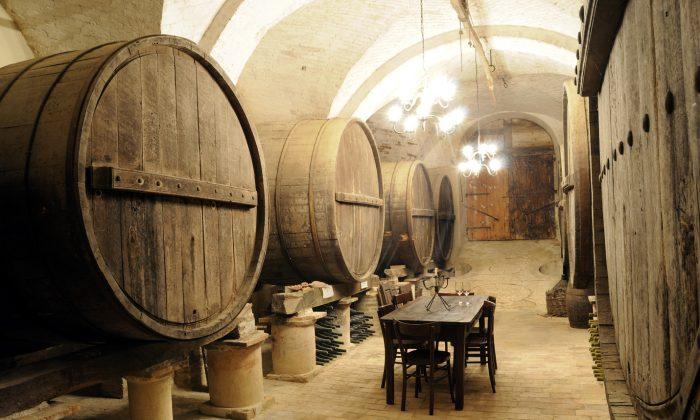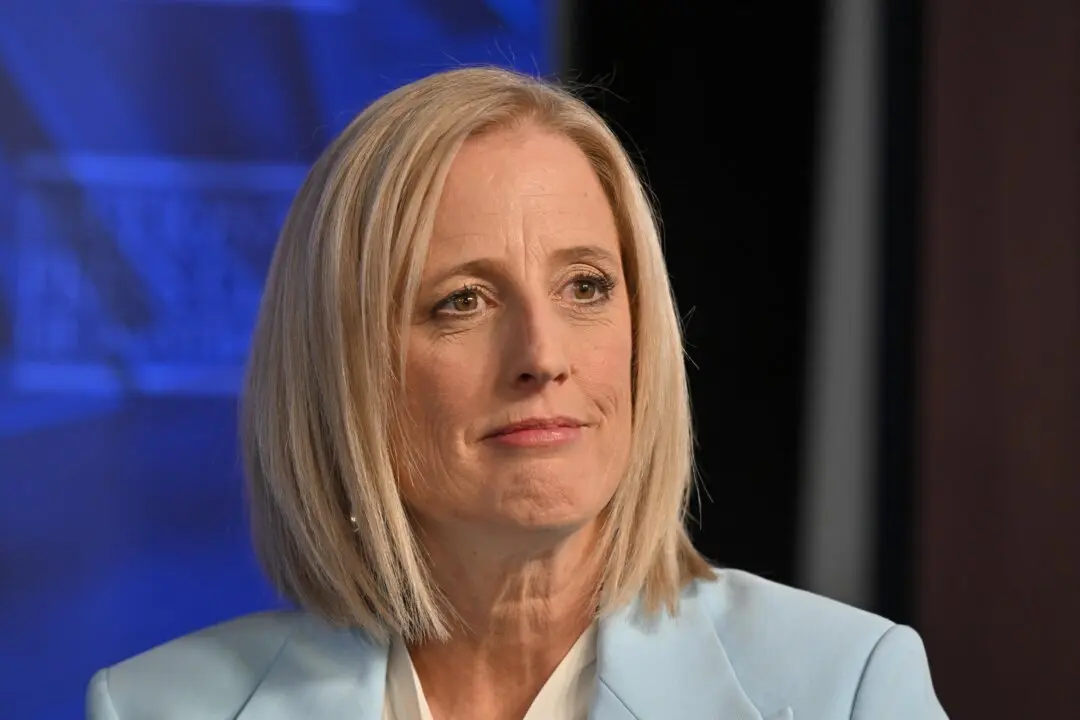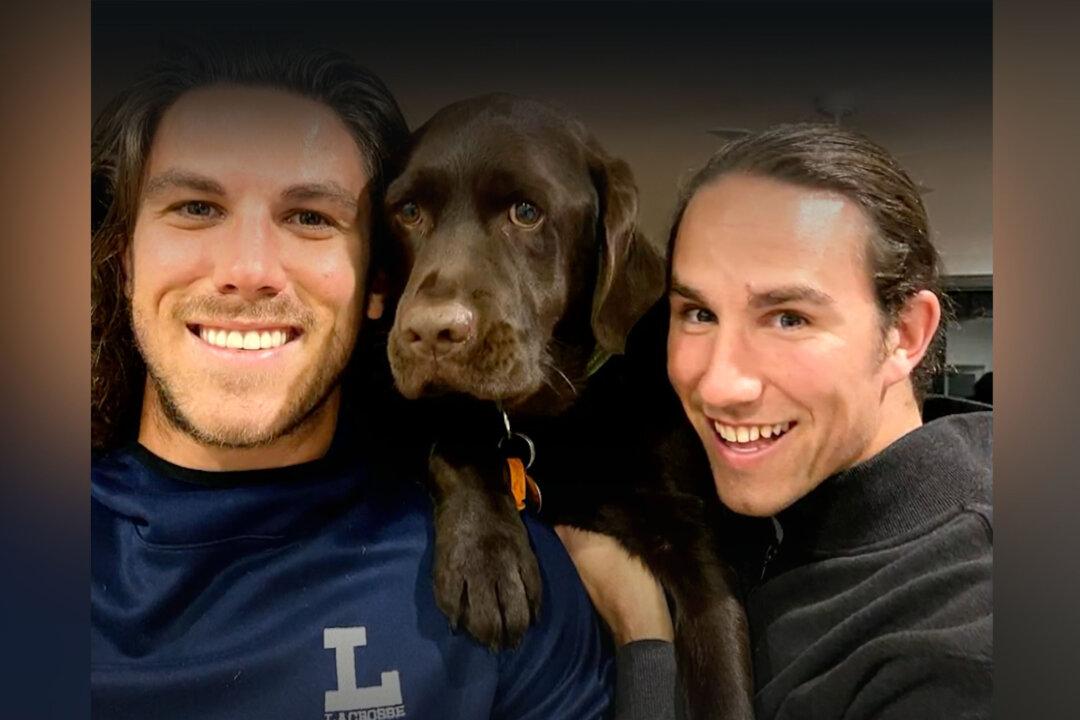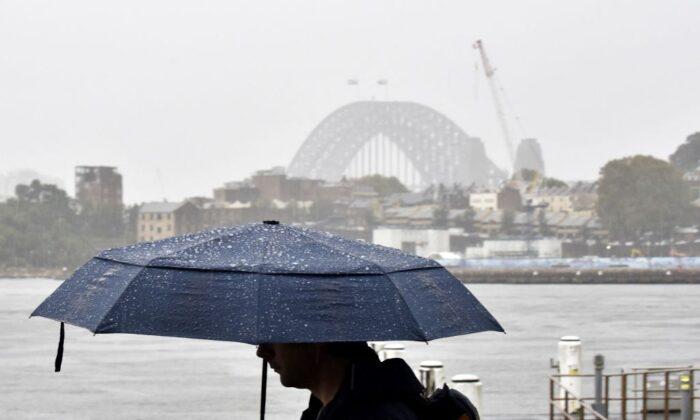Australia’s love affair with cask wine could be over as more people ditch cheap goon in favour of more expensive bottled alternatives.
Health risks associated with low-cost alcohol and social stigma are among the possible reasons consumption of cask wine has decreased, while bottled wine purchases continue to grow.
Researchers at Melbourne’s La Trobe University found people who drink boxed wine are drinking it less but are more likely to be heavy drinkers.
A survey of about 2000 people showed those who drank cask wine averaged about 6.5 standard drinks per day, more than twice the number of daily beverages for moderate-and-high-cost wine drinkers (3.2).
Meanwhile, low-cost bottled wine drinkers averaged about 4.3 standard drinks a day.
The average cost of cask wine, which is the cheapest alcoholic beverage available, is $0.54 cents per standard drink.
There was a 30 percent drop in cask wine sales between 2004 and 2014, coinciding with an almost 40 percent increase in bottled wine sales, according to the Australian Bureau of Statistics.
The study found cask wine is mostly consumed at home while alternatives are more likely to be enjoyed in social settings such as bars and nightclubs.
Lead study author Alexandra Torney, from La Trobe’s centre for alcohol policy research, said there appears to be a stigma around drinking the once-popular tipple.
“We do think that it could be a stigma that’s currently held on cask wine and that’s why people consume it mainly at home,” she told AAP.
“There is typically a stigma that surrounds cask buying where it’s not seen as maybe socially appropriate to consume at things like barbecues or other social events.”
Alcohol is the third most common preventable cause of disease and disability worldwide.
It is also responsible for approximately three million deaths and more than five percent of disability-adjusted life years annually in the world.
Lifeline 13 11 14
beyondblue 1300 22 4636





